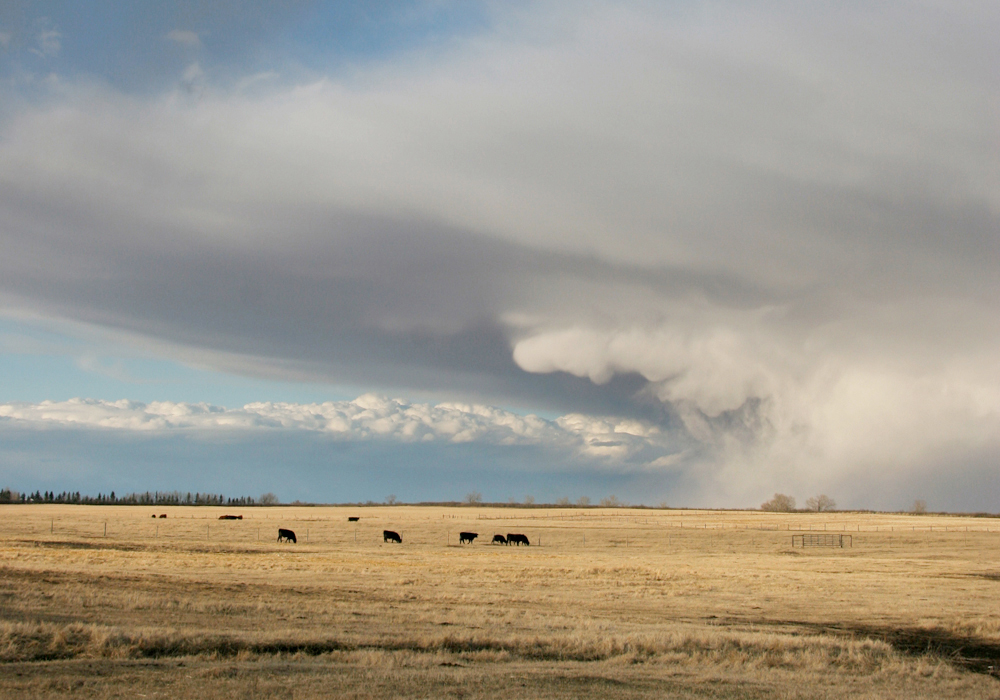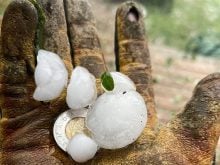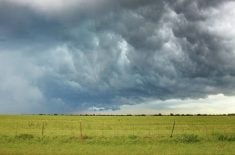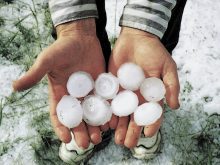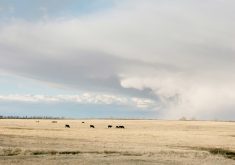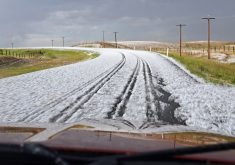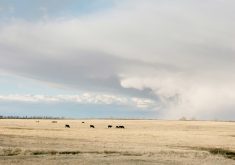It was a bad year for hail on the Prairies in 2021.
According to the Canadian Crop Hail Association (CCHA), both Saskatchewan and Alberta experienced more hail losses than they have in years.
Saskatchewan saw an industry loss ratio of 134 percent, a major increase over the 2020 ratio of 65 percent. In Alberta the 2021 industry loss ratio was 97 percent compared with 75 percent in the previous year.
Manitoba had a loss ratio of 26 percent.
“I think a large part of it is due to crop condition,” said CCHA president Scott McQueen. “And (with) the prairie drought that we had in certain areas, crops didn’t recover very much after they were damaged from hail. That resulted in some early losses that were heavy, and they kind of kept going right through the year.”
Read Also

Organic farmers urged to make better use of trade deals
Organic growers should be singing CUSMA’s praises, according to the Canadian Chamber of Commerce.
According to a CCHA press release, insurance payments to prairie producers affected by hail damage totalled more than $322 million, a level not seen since 2008.
“Well, obviously, it’s tough when crops aren’t looking like what they have in the past, and then coupled with hail on there, it didn’t take much of a storm to devastate plants this year,” McQueen said.
“Obviously, thin swaths and thin crops in general, the hail damage it produced, I would say somewhere between 20 and 40 percent more damage on a storm in 2021 then would have happened in 2020.”
CCHA insured more than $8 billion of crops this year and provided farmers with some protection against losses.
“2021 was certainly a big loss here for lots of producers,” McQueen said, “and so moving into 2022, they know what to do, and they know what they need to do to protect themselves. And I think, as an industry, we’re here for them. Nobody’s going anywhere, and we’re looking forward to a better year in 2022.”


